WASH
May 27, 2013
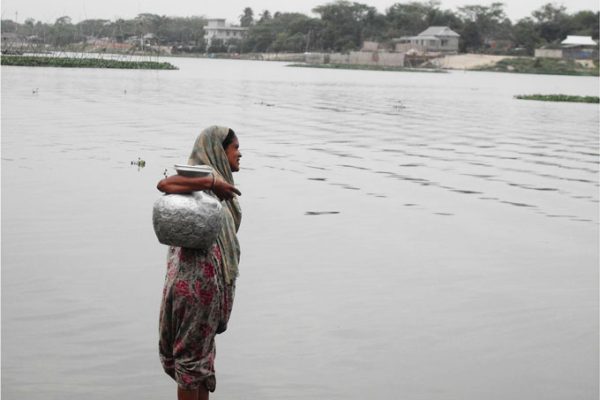
Published by Sharmin Farhat Ubaid at May 27 2013
During my 12 years of work experience in the water and sanitation sector, it has been evident that gender inequality and poverty exclude large numbers of people from enjoying the benefits of water supply and sanitation facilities and processes aimed at their improvement. There is a traditional concept that mainstreaming gender in water is a matter of women, and only women speak about the issue, whereas the policy makers are mostly men.
April 15, 2013

Published by Mahidul Islam at Apr 15 2013
Since 1972, BRAC has been working with the objectives of poverty alleviation and empowering the poor with a holistic approach. As a top world organization, it has made notable contributions into multi-dimensional sectors on human development activities. In order to achieve the MDGs of reducing child mortality and halving the number of people without sustainable access to safe drinking water and basic sanitation by 2015 (goals 4 and 7), BRAC has been implementing the Water, Sanitation and Hygiene (WASH) Programme since 2006 in 150 Upazilas (sub-districts) of Bangladesh.
March 23, 2013
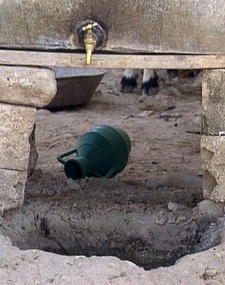
Published by Tasfiyah Jalil at Mar 23 2013
This is the very first blog in my life. Since many younger colleagues are blogging away, I have been inspired to give it a try. The subject I'd like to bring up is gender mainstreaming in the setup of the Qualitative Information System used for monitoring.
March 11, 2013
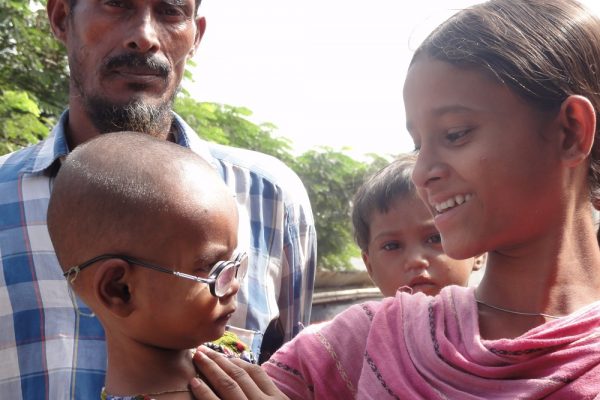
Published by Rod Dubitsky at Mar 11 2013
Categories
It can seem so easy. Give a slum-dweller a three-wheeled vehicle. She creates a mobile tea business. Income increases from 100 Bangladeshi taka to 400 taka per day. She leaves her backbreaking job as a brick-maker, quadruples her income, preserves her health, restores her dignity. Rinse, repeat.
March 4, 2013
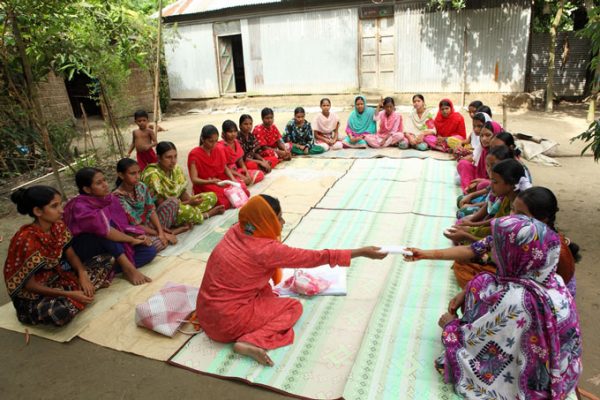
Published by Sabrina Shahidullah at Mar 04 2013
“On average a woman is menstruating about 3,000 days of her life. "This opening sentence of the presentation by Maria Fernandez (WaterAid India) during the bi-annual practitioners learning and sharing workshop in Dhaka (2006) was a harsh confrontation with a hidden taboo for the 50 practitioners that were present. Ever since this rude wake up call, the BRAC WASH programme has fought the taboos around menstrual hygiene management as part of its WASH in schools activities, during meetings with adolescents girls in the communities, and through the production of low-cost sanitary napkins.
February 27, 2013
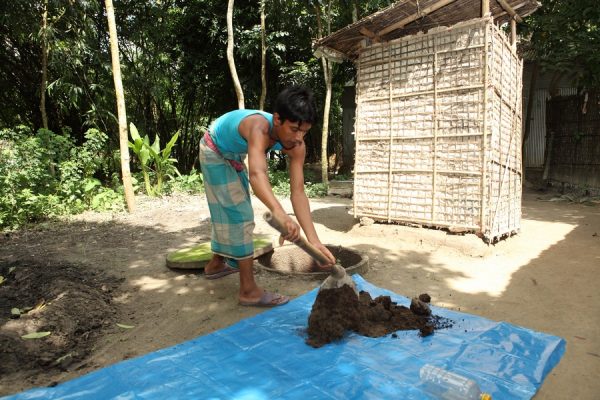
Published by Nameerah Khan at Feb 27 2013
Categories
Across the world, millions of pit latrines are filling up. In many instances, these pits are emptied and the fecal sludge is dumped indiscriminately. This second generation sanitation challenge of postponed open defecation has been largely neglected in the sector. Bangladesh is not an exception and it is an issue that we have to face and deal with.
February 26, 2013

“What is good about the monitoring system that we are using is that it is participatory so that respondents also get knowledge”, says Senior Sector Specialist Water, Sanitation and Hygiene Mahjabeen Ahmed of the BRAC WASH II Programme. Ms Ahmed is one of the 5,000 programme workers who are supporting BRAC WASH II in Bangladesh.
February 25, 2013

This article was posted on IRC International Water and Sanitation Center blog by Joep Verhagen, Manager, South Asia & Latin America Team, IRC.
Sitting opposite to me is Babar Kabir – Senior Director at BRAC and programme director of the BRAC WASH programme.
May 23, 2012
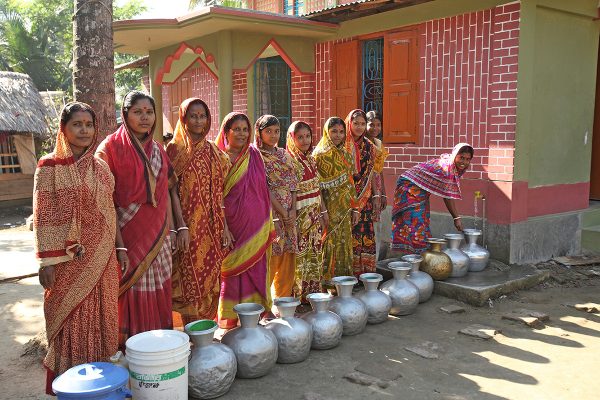
Change is inevitable; rather it is a much needed process for the benefit and progress of any organization. With such intentions of change Dr. Jaap M. De Heer, VU University Amsterdam, presented his study on the various aspects of an organization which, when integrated together, initiate a wholesome change process.
May 2, 2012

Many can attest to its necessity, few can argue against its importance. From health and nutrition to agriculture and energy, one doesn’t have to look far to see the critical role water plays in our lives.
March 22, 2012
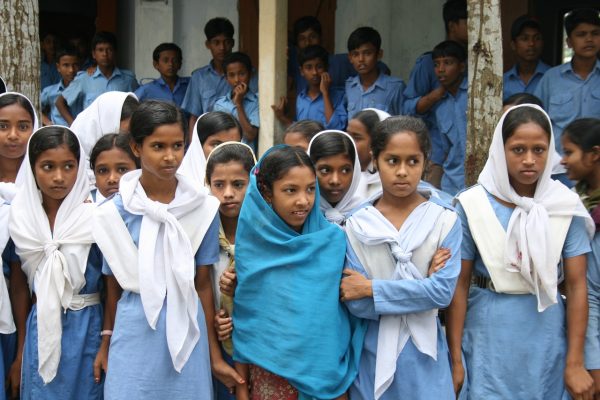
BRAC is working to improve water supplies and sanitation facilities in schools and communities, and promote safe hygiene practices across Bangladesh. Promoting safe hygienic behavior helps break the contamination cycle of unsanitary latrines, contaminated water, and water borne communicable diseases.
March 7, 2012

It's heartening to see philanthropists like Bill Gates and celebrities like Matt Damon raising awareness of the fact that more people in the world now have a mobile phone than have a toilet. As we celebrate International Women's Day on March 8, let's not forget that girls and women suffer the most from lack of sanitation.

